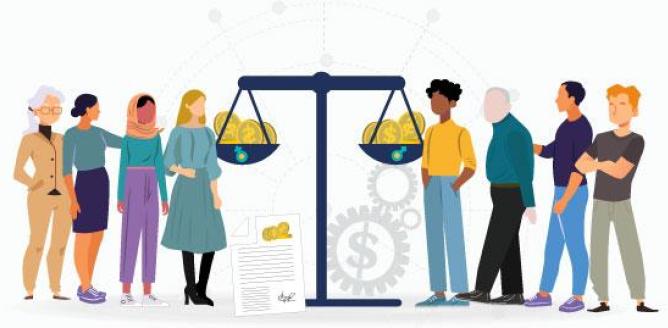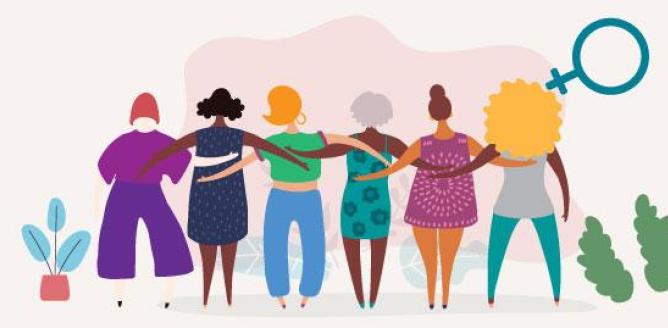As we get ready for our Gala Dinner next Thursday under the theme of ‘The Power of Togetherness’, it is a good time to take a step back and note global developments in gender equality.
Here are three encouraging areas:
Historic female firsts: Hong Kong welcomes its first female head of the Customs and Excise Department. In the Middle East, Egypt’s State Council has just sworn in its first-ever batch of female judges to the State Council, one of the country’s main judicial bodies. At TWF, we know that equal numbers of women and men at senior levels of decision-making matters and it is why advancing women leaders remains a core pillar of our work. It influences the types of issues discussed and policies developed, the results of which cascade down into other areas of society.
Progress for women’s reproductive rights in Mexico: Mexico’s Supreme Court unanimously ruled in a case regarding a state law, that criminal penalties for terminating pregnancies are unconstitutional. In the rationale for the ruling, the judges noted that women and other individuals able to gestate should have the right to make decisions and that laws criminalising abortion primarily punish the poorest and most marginalised populations. Lawyers and activists believe the decision sets a precedent and will be applicable across the country. This ruling aligns with movements elsewhere in the region, with Argentina’s legalisation of abortion earlier in the year and Columbia soon to be addressing this issue as well. At TWF, we believe in the safety, dignity and bodily autonomy of all women and look forward to monitoring further developments.
Improvements for women in Saudi Arabia: The head of the Human Rights Commission in Saudi Arabia has stated one-third of the 90 human rights reforms recently implemented support women, noting specific areas of progress such as a decrease in reports of violence. Reforms include banning forced marriage and enshrining the right to inheritance even if a woman does not expressly voice her claim to it. The World Bank has estimated that the Saudi women’s workforce participation rate has doubled from 15% in 2017 to 31% at the end of 2020, which is a positive step towards greater economic inclusion. While there is still significant progress to be made to ensure women in Saudi Arabia have access to the same rights, resources and opportunities as their male counterparts, these are small, but encouraging signs of progress.
The path to gender equality is not a linear one. We recognise that in many parts of the world, the rights of women and girls have greatly deteriorated. Afghanistan is a worrying example of this. Since the return to Taliban rule in August, schools remain closed to girls, government jobs are off limits to women and many influential female professionals such as judges and lawyers are fleeing the country fearing for their safety.
Progress for gender equality in one facet of society does not ensure there will progress in all areas, nor is that progress guaranteed. But recognising these positive developments are reminders that change is possible, that taking action does matter, and that together we can strengthen the rights of women and girls and drive equality for all.
Get in touch at Fiona.Nott@twfhk.org.





















